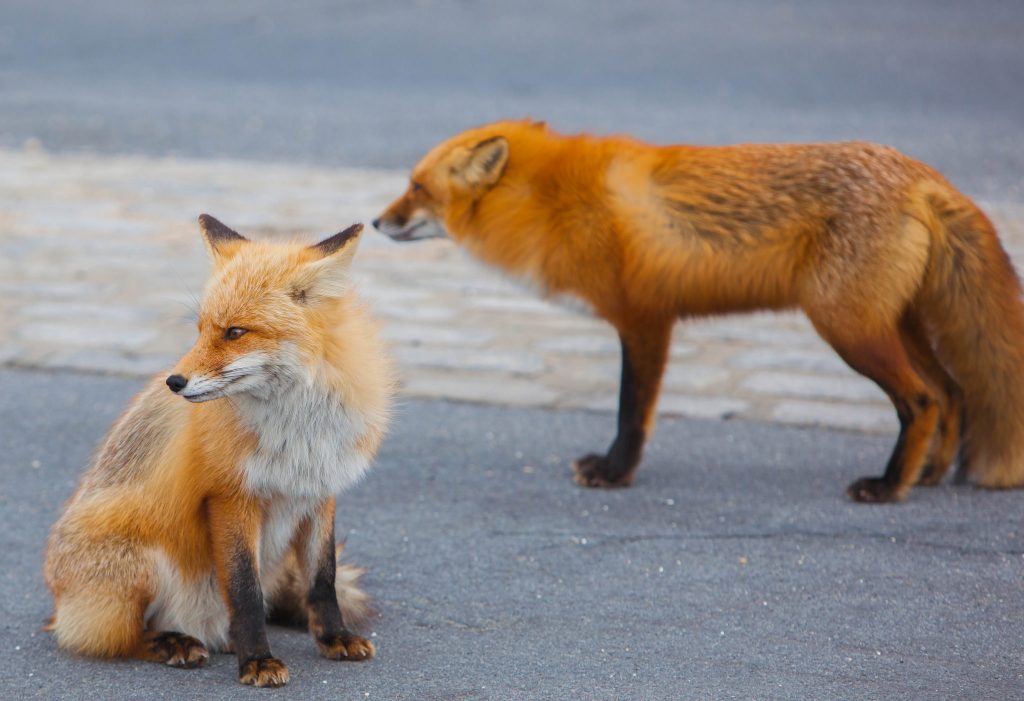Red foxes in Island Beach State Park are not suffering the same fate as those in Brigantine, where a disturbing video (which can be played below) released last month showed the canines deceased after being trapped and shot, purportedly on behalf of the state.
The video, and a later confirmation by the state of the fox management program underway in Brigantine, prompted questions as to whether the same purge was being carried out at Island Beach State Park. The state Department of Environmental Protection told NJ.com earlier this month that the trapping and euthanization of foxes by gunshot in the North Brigantine State Natural Area had been standard practice for decades by the U.S. Fish and Wildlife Service, but the state took over population control efforts four years ago. The stated reason for killing the foxes is to protect the eggs of piping plovers, an endangered shorebird that nests in the area. The two species also share habitat at IBSP, further generating interest as to the situation at the state park.
At Island Beach State Park, there has been no need to implement a fox management program, according to Larry Hajna, a spokesman for the DEP.
“We’ve only had piping plovers at the park for a couple of seasons, and there haven’t been any issues,” he said.
Hajna said one fox was killed last year after it became aggressive toward human visitors. But besides the one incident, the state has not intervened. Three foxes at the park were euthanized in 2016 because they were ill. A fox has never been euthanized at IBSP due to a threat to shorebirds, Hajna said.
For the past two years, a portion of the park was closed to four wheel drive vehicles in order to protect piping plover nests during the birds’ breeding season.
Foxes are considered largely harmless to humans, and can sometimes be spotted on local streets throughout the island – especially the night before garbage collection. Over the past several years, park officials have stressed efforts to protect the red fox population from the danger posed by cars traveling up and down the facility’s main road. They have warned that feeding the foxes can lead to the animals engaging in riskier behavior since they would come to associate humans – and the cars they arrive in – with food handouts.


Police, Fire & Courts
Lakewood Man Sentenced to Prison After Cops Found Cocaine, Bricks of Heroin









